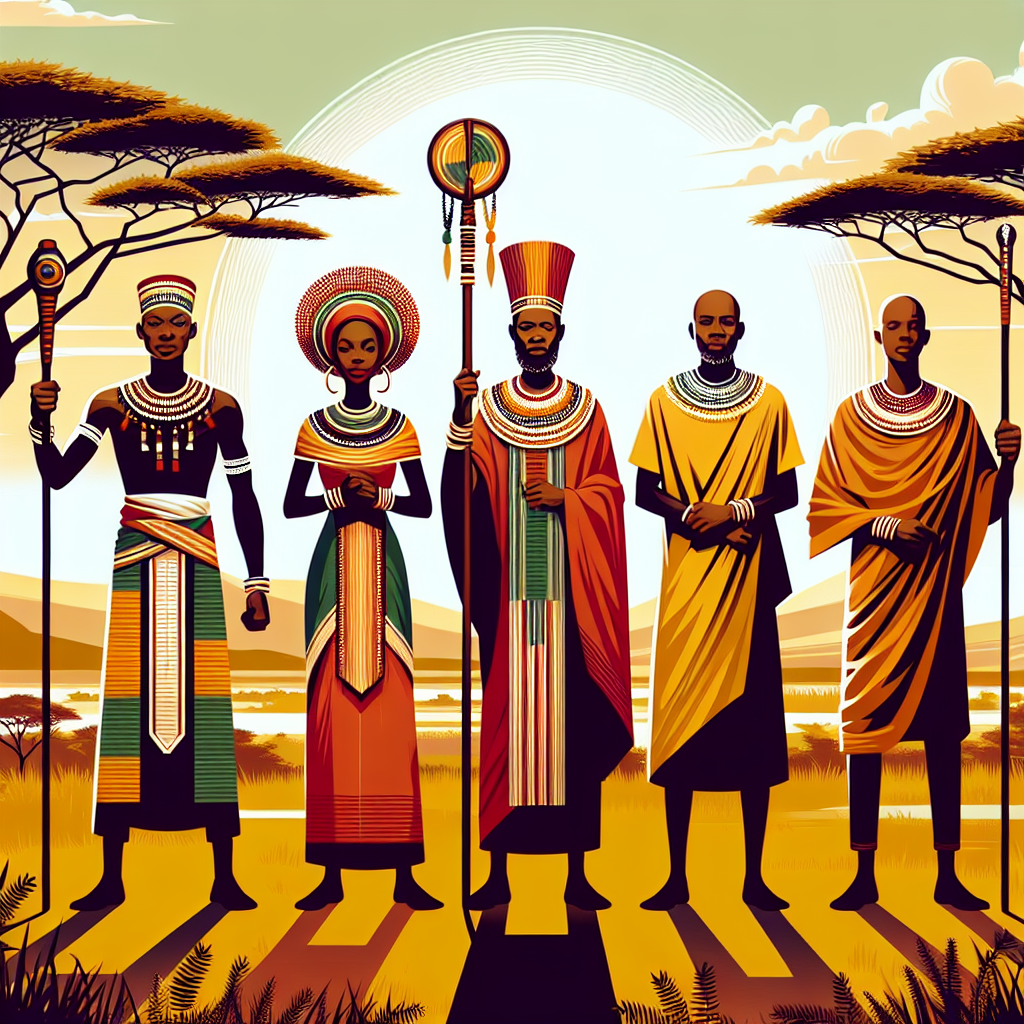Velenkosini Hlabisa Leads Historic Meeting with Traditional Leaders in Pretoria
Three-Day Engagement Aims to Strengthen Collaboration Between Government and Traditional Leadership for Community Development

- Country:
- South Africa
The Minister of Cooperative Governance and Traditional Affairs (CoGTA), Velenkosini Hlabisa, is spearheading a significant government delegation at the inaugural meeting with kings, queens, and principal traditional leaders from across South Africa. This three-day engagement commenced today in Pretoria and follows a previous meet-and-greet event held in August, which featured Minister Hlabisa alongside CoGTA Deputy Ministers Prince Zolile Burns-Ncamashe and Dr. Namane Dickson Masemola.
The delegation is composed of several Ministers and Deputy Ministers, all members of the Task Team on Traditional Leadership. It includes the Members of the Executive Council (MECs) from CoGTA, national and provincial chairpersons of the House of Traditional and Khoi-San Leaders, as well as senior government officials. This diverse representation underscores the government's commitment to engaging with traditional leadership.
Recognizing Traditional Leadership's Role
Minister Hlabisa emphasized that the South African government acknowledges and supports the essential role of traditional leadership institutions within the country's constitutional democracy. These institutions are vital for prioritizing development in rural and traditional areas, according to CoGTA.
The recognition of kings, queens, and principal traditional leaders is governed by Section 7 (1)(a) (i) and (ii) of the Traditional and Khoi-San Leadership Act No. 3 of 2019 (TKLA). These leaders play a customary role in leading their traditional communities and contribute to nation-building and social cohesion by promoting peace, stability, and unity.
Forum of South African Majesties
To enhance ongoing communication and collaboration, the establishment of a Forum of South African Majesties has been proposed. This forum will facilitate a continuous interface between Their Majesties and the government, enabling seamless coordination on issues of mutual interest and inclusive development.
The three-day engagement aims to provide progress reports from the government on matters previously raised by traditional leaders. Key topics include:
Land Reform: Addressing issues related to land rights and ownership.
Rural Infrastructure: Improving facilities and services in rural areas.
Socio-Economic Development: Enhancing economic opportunities for traditional communities.
Cultural Preservation: Promoting and safeguarding local customs and heritage.
Importance of Traditional Institutions
CoGTA reiterated that traditional leadership serves as a reliable compass for societal development, contributing significantly to the nation’s progress. The collaboration between government and traditional leaders is envisioned to foster a more inclusive approach to governance, ensuring that the voices of traditional communities are heard and integrated into national policies.
This meeting represents a pivotal moment in reinforcing the relationship between government and traditional institutions, aimed at enhancing the well-being and development of communities throughout South Africa.










